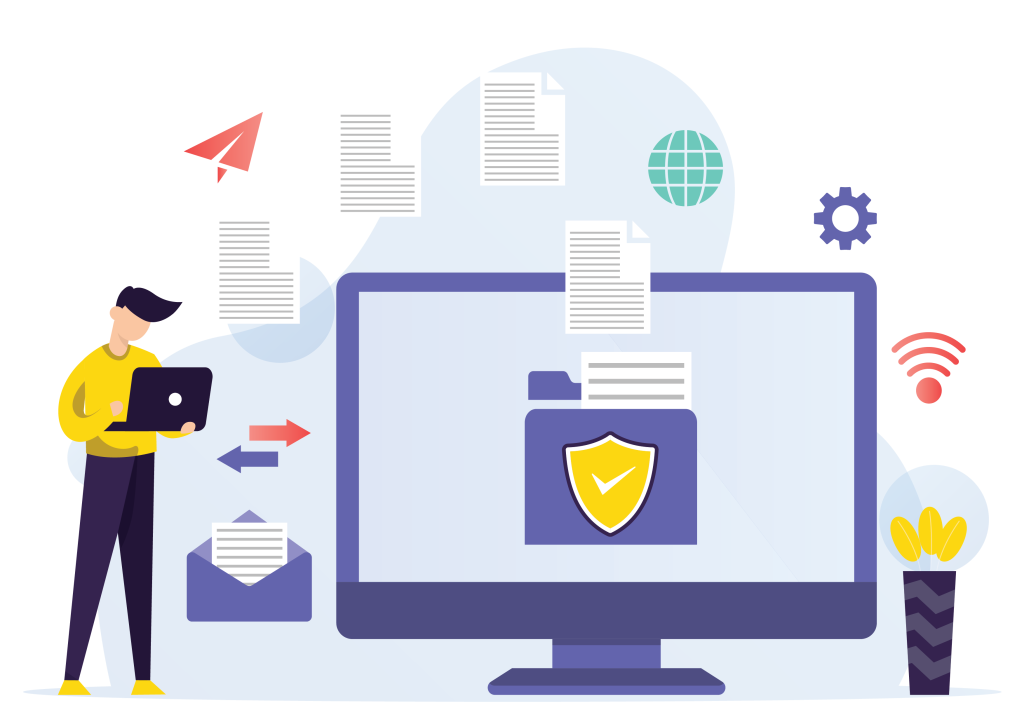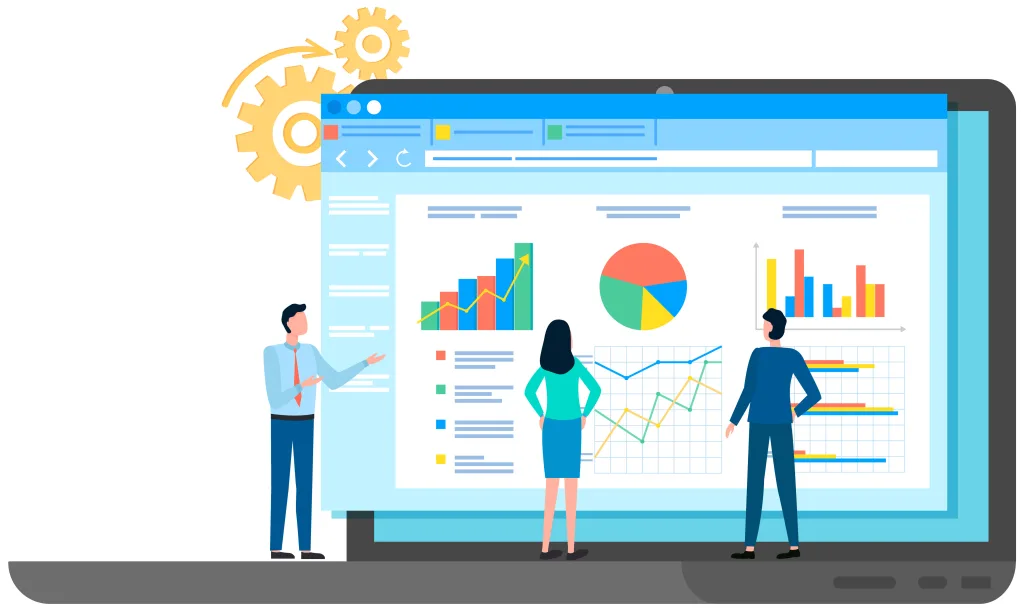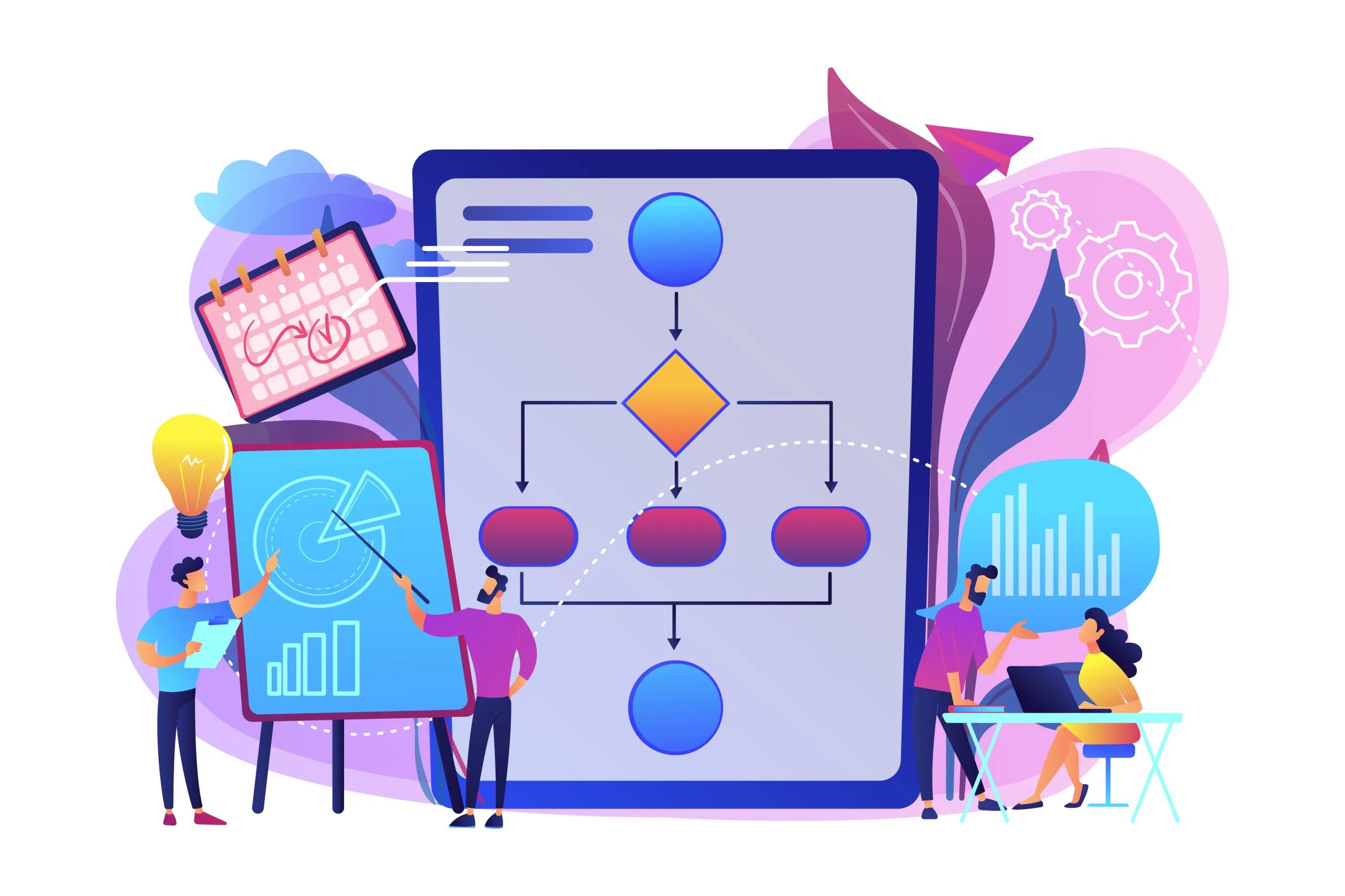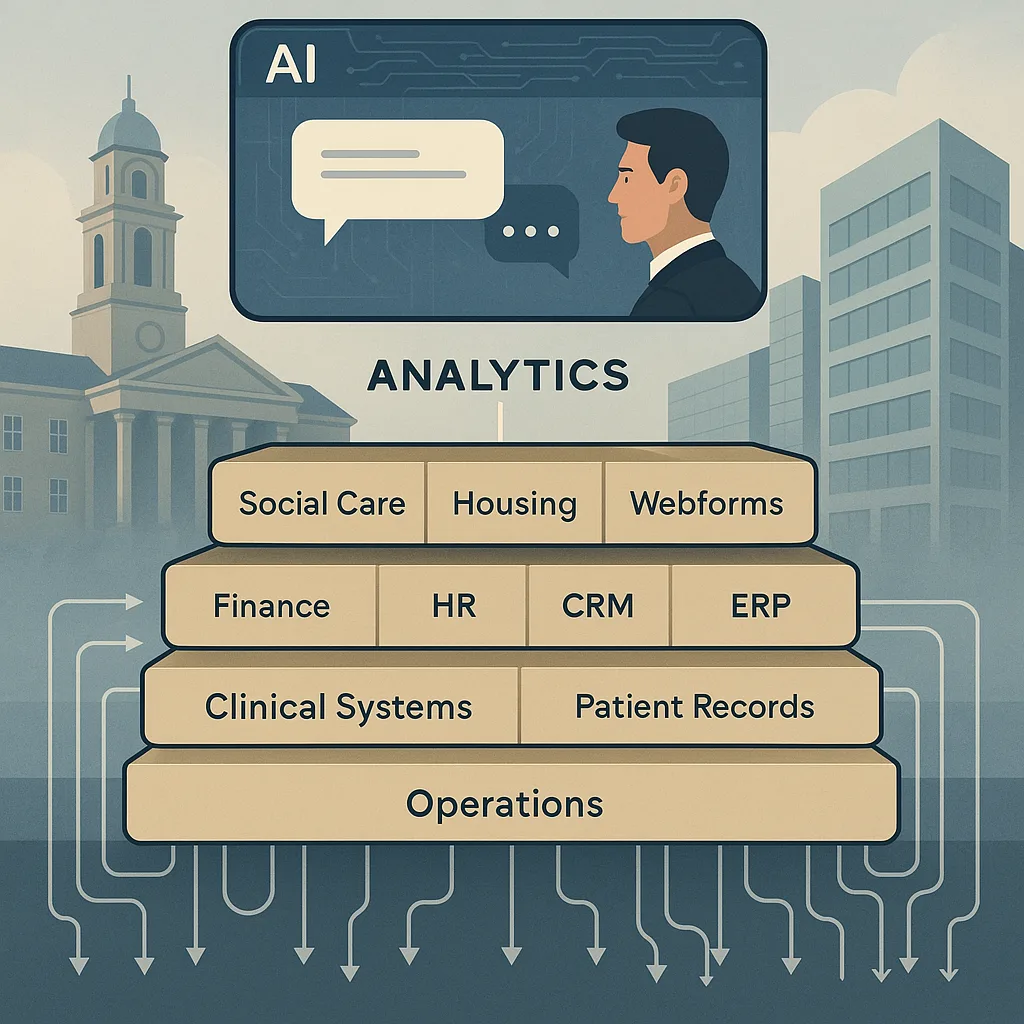
In November 2023, Microsoft launched Microsoft Fabric, a fully managed unified data platform designed for data engineering, analytics development, and data science, with full AI integration. Microsoft Fabric is a significant leap forward, setting organisations up for the future by making their data AI-ready. At itelligent-i, we have been pioneering a similar approach for a decade, and our methodology aligns seamlessly with Microsoft Fabric’s capabilities.
The Evolution of Data Storage
Microsoft OneLake, the storage foundation of Microsoft Fabric, is built on the same technology as Azure Data Lake Storage (ADLS). OneLake provides a single storage solution for an organisation’s Microsoft tenancy, embodying the principle of having a singular storage and source of truth—a concept itelligent-i has implemented for over ten years using Azure Data Lake Storage. OneLake, true to its name, simplifies data storage into one cohesive unit per Microsoft tenancy.
Seamless Migration with Minimal Effort
For existing itelligent-i customers, the transition to Microsoft Fabric is straightforward. Our customers can migrate their data and Databricks notebooks to Microsoft Fabric with minimal effort and minimal change. This seamless migration is possible because of our longstanding commitment to robust methodologies, such as delta loads, auditing, security models, and self-validation, which are integral to our iDAP Framework Codebase.
Built for Performance and Security
Our iDAP Framework has been specifically designed for extracting and loading data across large, complex datasets, transforming data into usable, performant tables in the Data Lake using Notebooks. We handle sensitive data and have developed sophisticated data models and data matching techniques through our Accelerators. The good news is that our framework can be easily migrated to Microsoft Fabric with minimal changes. This compatibility is due to Microsoft Fabric’s architecture, which supports itelligent-i’s methodology perfectly.
Simplified Power BI Integration
Migrating Power BI datasets and reports to Microsoft Fabric is also hassle-free. The process involves merely repointing the reports to the Fabric OneLake once the data is migrated. This straightforward transition ensures that Delta tables, which can be accessed by any compliant analytics tools with built-in Microsoft Entra ID security, continue to function seamlessly. This principle has been a cornerstone of itelligent-i’s implementation strategy for the past decade.

Benefits of Microsoft Fabric
Microsoft Fabric consolidates data engineering and analytics into one storage, one solution, and one user interface, eliminating the complexities of managing separate Azure data solutions. This unified approach not only streamlines data management but also enhances the overall efficiency and security of data operations.
Why Choose itelligent-i for Your Migration
All customers who have embarked on their data-driven journey with itelligent-i can easily migrate to Microsoft Fabric. While Microsoft Fabric represents a significant evolution from previous solutions, itelligent-i’s approach has been perfectly aligned with these advancements. Our methodology and framework were built to be forward-compatible, and Microsoft Fabric validates the foresight and robustness of our approach.
Embrace the Future of Data and AI
The global data community, including Microsoft, has embraced an enterprise data and analytics approach that simplifies data management and maximizes the benefits of generative AI. By migrating to Microsoft Fabric, organizations can unlock the full potential of their data and AI capabilities.
Whether you have already implemented our approach or are new to the concept, itelligent-i is here to support your data-driven journey. Contact us to learn how we can help you make the most of your data with Microsoft Fabric and generative AI.



